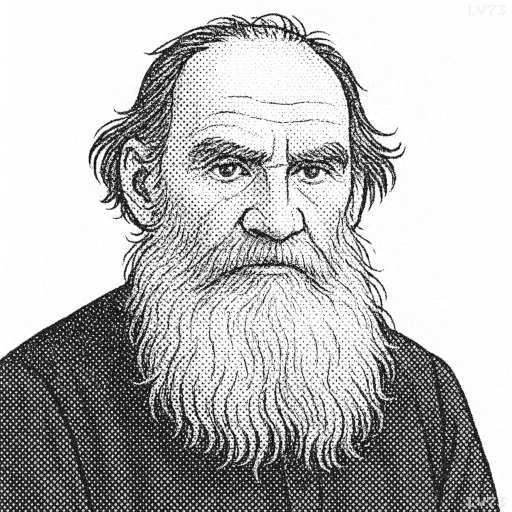“The greater the state, the more wrong and cruel its patriotism, and the greater is the sum of suffering upon which its power is founded.”

- September 9, 1828 – November 20, 1910
- Born in Russia
- Writer, philosopher
table of contents
Quote
“The greater the state, the more wrong and cruel its patriotism, and the greater is the sum of suffering upon which its power is founded.”
Explanation
In this quote, Leo Tolstoy argues that as the power of the state increases, so does the harmful and unjust nature of its patriotism, which often serves as a tool for justifying violence and oppression. Tolstoy suggests that patriotism, when intertwined with state power, can become a means to promote nationalistic fervor that fuels wars, exploitation, and the suffering of individuals. The larger and more powerful the state becomes, the more it relies on coercion and violence, using patriotism to rally people to support harmful policies that benefit the state at the expense of human lives. The quote emphasizes that state power, built on such a foundation, leads to greater suffering for both the oppressed within the state and those affected by its actions abroad.
This idea is particularly relevant in modern contexts where nationalism and patriotism are often invoked to justify militarism, political repression, and wars that harm large numbers of people. When a state expands its power, it often relies on a narrative of patriotism that dehumanizes others, whether through racism, xenophobia, or the suppression of dissent. Tolstoy’s quote calls for critical reflection on the true cost of state power and its ability to create suffering in the name of national interest, urging individuals to reconsider the morality of blind patriotism.
Tolstoy’s personal philosophy rejected the idea of violent state power and nationalism, particularly because of his belief in nonviolence, individual freedom, and universal compassion. He was highly critical of imperialism and militarism, advocating for a life where people live based on moral principles rather than national loyalty. His rejection of state-sanctioned violence and his call for spiritual awakening and peace reflected his belief that true patriotism should be rooted in love for humanity, not in the service of a powerful, oppressive state. This quote serves as a warning about the dangers of state-driven nationalism and its destructive effects on human dignity and peace.
Would you like to share your impressions or related stories about this quote in the comments section?




